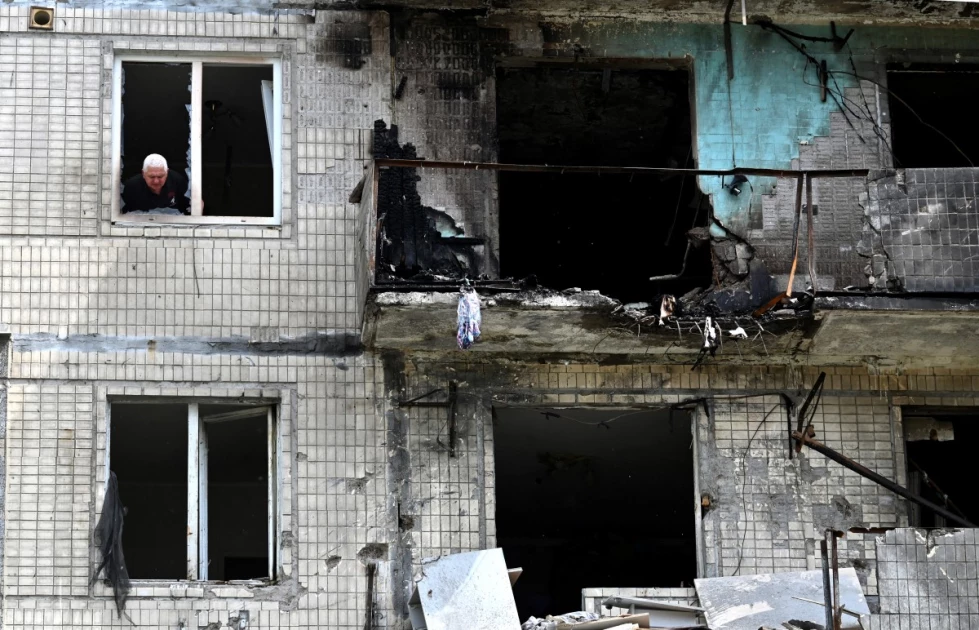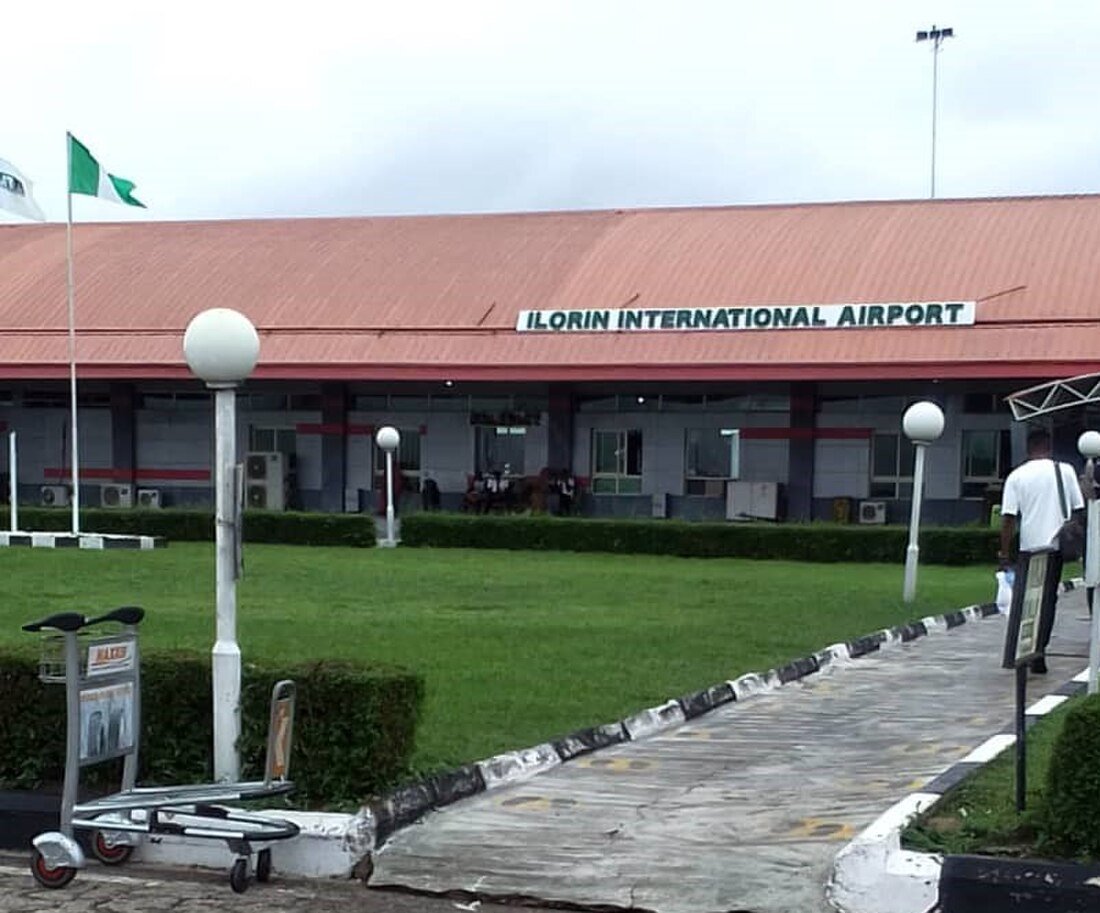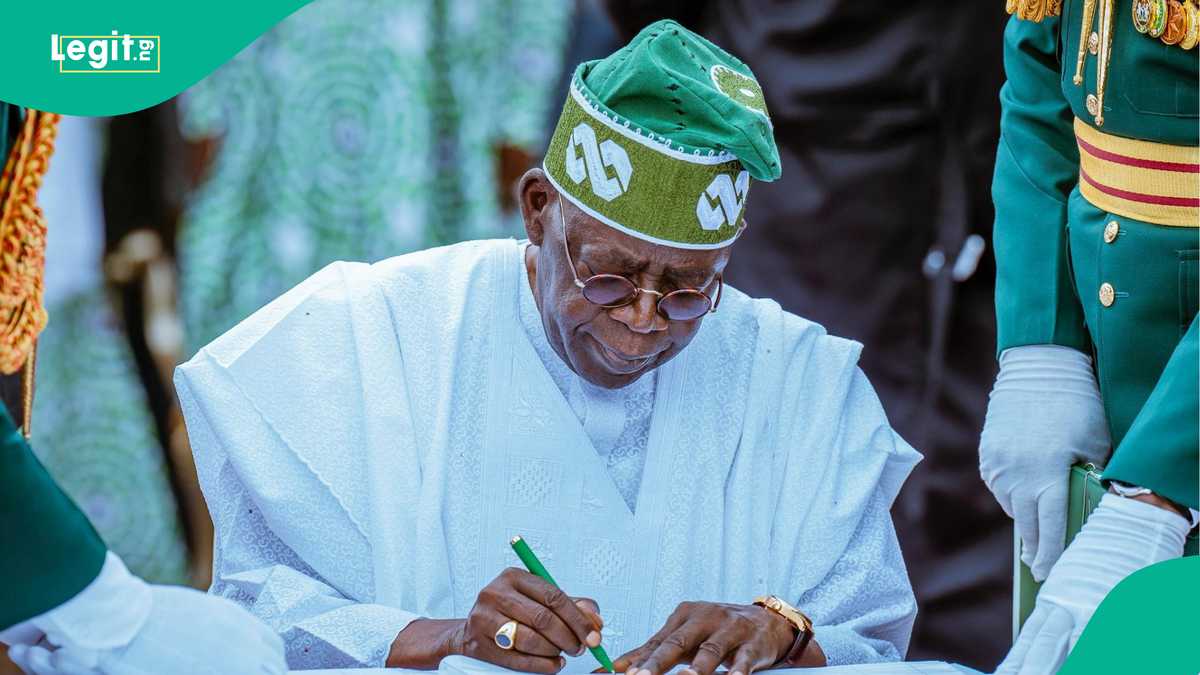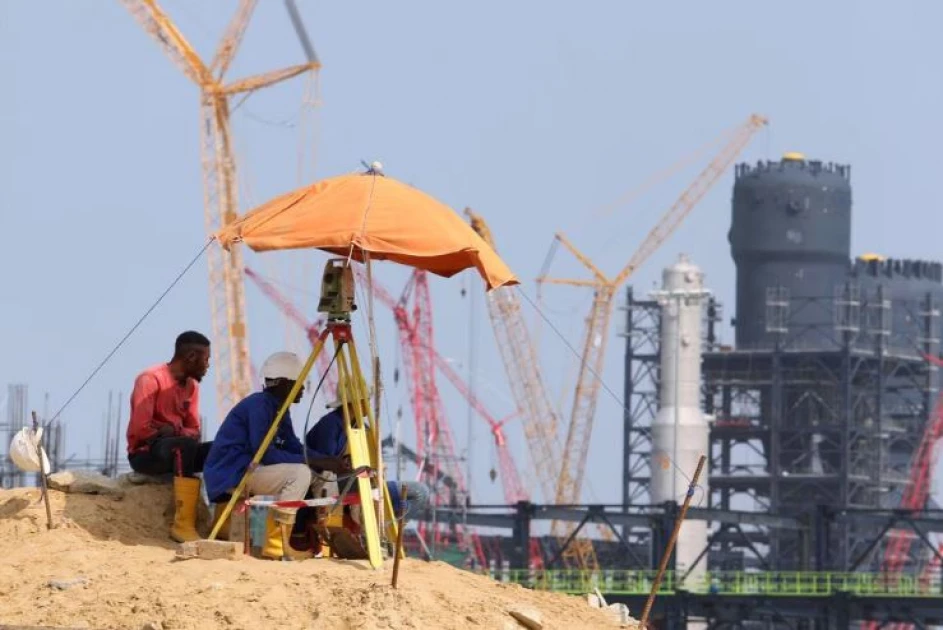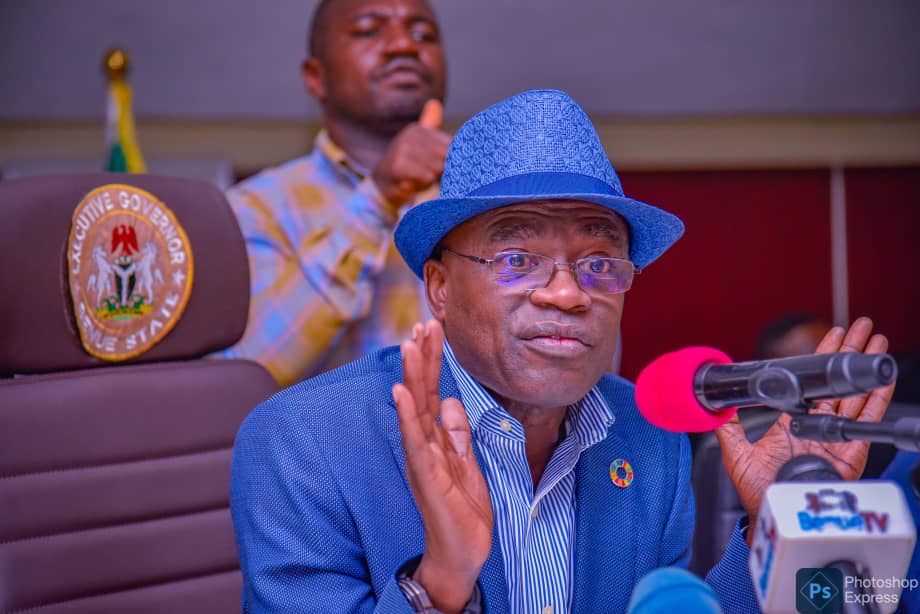Sunday Dare: Tinubu Confronted Nigeria's Challenges Head-On, Didn't Skirt Around the Problem
As President Bola Ahmed Tinubu approaches his second anniversary in office, Special Adviser to the President on Media and Public Communications, Sunday Dare, has strongly defended the administration’s economic reforms while rejecting mounting concerns that Nigeria is drifting towards a one-party state.
Speaking in an interview with ARISE NEWS on Sunday, Dare described the past two years as a period of “bold recalibration,” during which the president took politically unpopular but economically necessary decisions, notably the removal of fuel subsidy and the liberalisation of the foreign exchange market.
“We have a president who decided not to skirt around our problems any longer, but to confront them,” Dare said. “Those are the two triggers it needed to pull to unleash the reforms that this country had needed for two or three decades.”
Citing data on foreign reserves, trade surplus, and new education support schemes like the NELFUND student loan programme, Dare argued that Tinubu’s administration is delivering real structural change despite short-term public discomfort, saying that Nigeria has moved from headwinds to tailwinds.
He said, “Look at our microeconomic state right now, better than when we started. And the data is there. If you take our foreign reserves, for instance, now at $39, $40 billion. You take the trade surplus. You take the export surplus. And you can go down the line. But I think of interest is also the people-orientated policies. While you’re bringing in the reforms, you’re providing some kind of succour to help the people. You look at NELFUND, 600,000 students. And it’s critical, because that deals with a demography that is huge, the youth, about 59 billion. That’s very critically important. You look at the bank recapitalisation on the part of CBN.
“So when you look at it, tweaking the economy … and it takes a while. Things have gone wrong for a long time. So as he’s taking these very tough decisions, he’s also opening up the fiscal space. How? The money is freed up from the subsidy remover, 62 percent increase in fact that goes to our governors. That opens up the fiscal space. Most of this money also goes to the social investment programme. So I think we have seen progress in the last two years. He also has two more years to go. We’re seeing some of these decisions that have been taken yielding results and impact. When it comes to reforms, it’s not a zero to 100 percent. It’s progressive. And have we seen progress? Can we see the indicators? Absolutely.”
Dare was however questioned on the impact of these policies on everyday Nigerians, whether the burden of reform is unfairly falling on the public, while government spending and luxury appear to increase.
He then defended the administration’s approach, stating that the presidential jet belongs to the Federal Government of Nigeria and arguing that governance comes with operational costs. He added that state governments are now receiving 62% more in monthly allocations due to subsidy removal and must be held accountable for their spending.
During the interview, Dare also tackled growing public concern that the APC is edging Nigeria toward de facto one-party rule, given the wave of defections from opposition parties to the ruling party, describing the claims as “a narrative that is dying by the day”.
“Nigeria is not a one party state, and the President was clear about it. He said, what you have is a one party that is ruling, which is true because it’s the ruling party. But also, you have people who are jumping ship because the other ships were sinking,” he said. “Who wouldn’t look for a life jacket? The life jacket right now is in the APC.”
He cited the continued existence of parties such as the Labour Party and ADC, asserting that the political space remains competitive. He further argued that the APC’s ability to attract politicians is a sign of strength, not a threat to democracy.
“Which party leadership would not be excited that you’re having people, you know, governors and the rest coming into the party?”
Dare was further questioned on the state of governance, concerning the president’s continued delay in appointing ambassadors, nearly two years into his term. He then responded that appointments were ongoing and that the president was being careful and deliberate to ensure balance and competence.
“Very soon, we will have our ambassadors approved and announced. It’s better to wait for the official list than speculate.”
Ozioma Samuel-Ugwuezi
Follow us on:

